I attached a picture of a piece of c code that I don't completely understand. I know that getchar returns the next character from standard output and that putchar puts the character on the standard output, but i don't fully understand what the EOF is and what this code is exactly doing. Also i don't get how you can add or subtract letters as it does in the if statement.